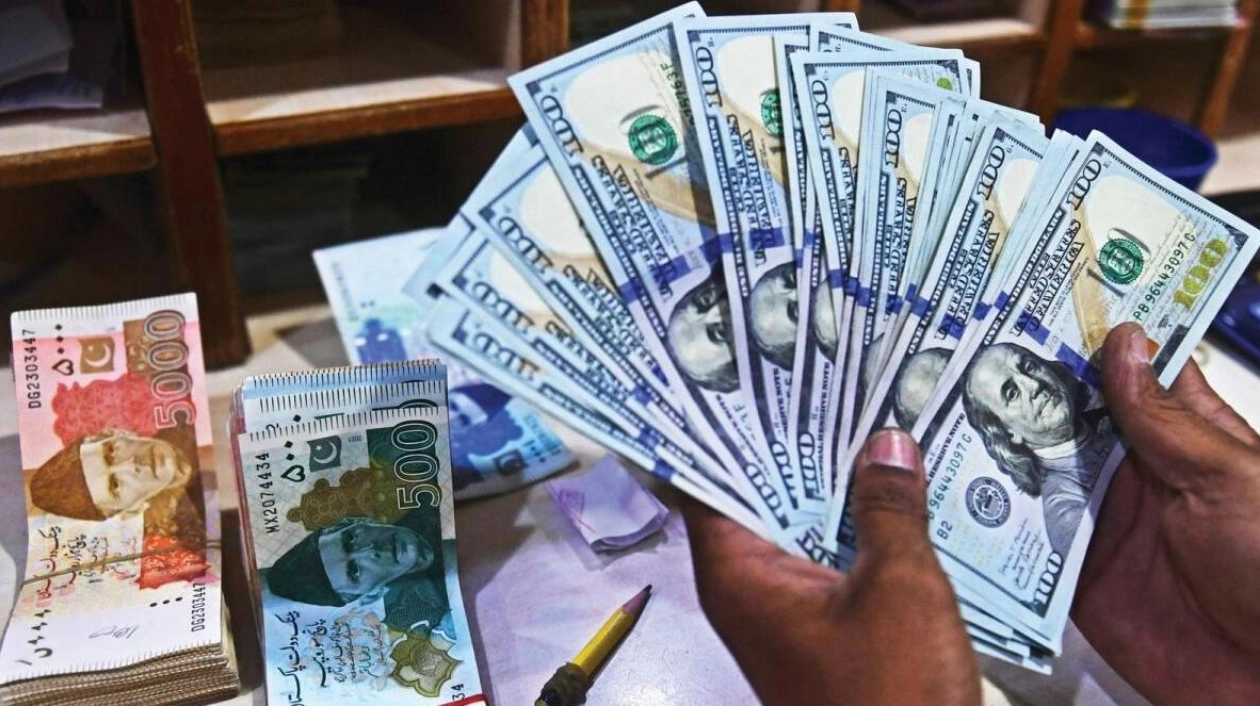Remittance inflows to Pakistan are anticipated to reach a new high during the current fiscal year, following positive economic indicators, political stability, and an increase in worker emigration over the past two years, according to Khaleej Times. Pakistan, one of the top five global recipients of remittances, is expected to receive over $33 billion in worker remittances during the 2024-25 fiscal year. This follows receipt of $30.25 billion in 2023-24, a 10.7% increase from the $27.33 billion received in 2022-23, after a record $3.24 billion in May 2024.
Overseas Pakistanis in Saudi Arabia and the UAE are expected to continue leading in remittances, contributing over 40% of total remittances in 2023-24, amounting to $12.95 billion, a 15.82% increase despite global economic challenges. These workers remitted $37.74 billion over the last three fiscal years (2022-24) and are projected to maintain double-digit growth in the coming years. Globally, overseas Pakistanis sent $141.25 billion over the past five fiscal years (2019-24), providing essential support to the economy during the pandemic and global economic slowdown.
Analysts predict sustained strong double-digit growth in remittances due to increased worker emigration. The average number of Pakistanis immigrating to other countries rose to 850,000 in the last two years (2022-23) from 323,000 between 2017-21, increasing the total number of overseas Pakistanis to over 11 million. This trend is expected to continue, potentially reaching up to $50 billion in annual remittances by the 2029-30 fiscal year.
The State Bank of Pakistan is offering significant incentives to banks and exchange companies to maximize inflows from overseas Pakistanis. The World Bank forecasts a recovery and growth of about 7% in remittances to reach $28 billion in 2024 and an additional 4% to about $30 billion in 2025. The recent crackdown on illegal currency traders and the higher number of Pakistanis immigrating to other countries are attributed to the increase in remittances.
Europe and the US face a shortage of skilled workers, and Pakistan can bridge this gap by improving its services sector. Vocational training and language skills are crucial for availing job opportunities in developed markets. The Roshan Digital Account initiative has seen significant growth, with over 700,000 accounts opened and $8.25 billion invested by June this year. This reflects increasing trust and participation of the Pakistani diaspora in the country’s financial system.
Remittances play a significant role in supporting the country’s external account, stimulating economic activity, and supplementing disposable incomes. The government and policymakers should continue to support and promote remittance inflows to ensure their continued positive impact on the economy.






